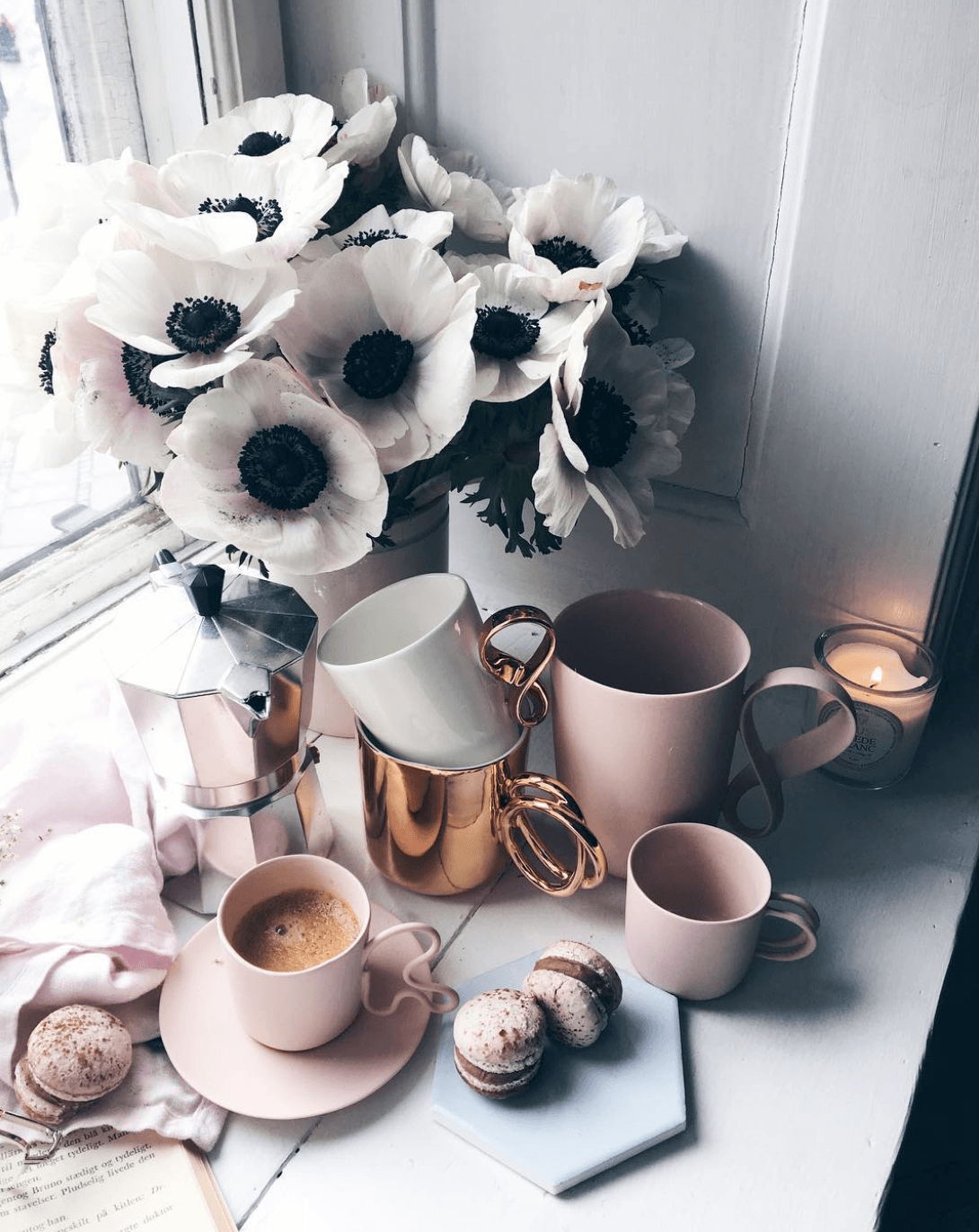
Dear Ruthy, I can’t give up coffee – just love it too much – but I hear that it makes your body quite acidic. Is there anything I can do to counter that acidifying effect?
Here are a few of my favourite tips for helping manage those undesirable effects:
1/ Alkalize
2/ Superfoods

(Photo by Nathan Dumlao)
3/ Quality
Be picky about the type of coffee you consume — not all coffee is created equal! And I’m not just referring to the taste. Good quality coffee actually has several health benefits, including being anti-inflammatory, a high source of antioxidants and providing increased energy and improved physical performance. But coffee is also one of the most contaminated crops in the world. Conventionally grown coffee is heavily sprayed with pesticides and other chemicals, and it’s highly susceptible to mold toxins. Your best bet is to look for coffee beans that are either certified fair trade, certified to be “clean” (tested and typically kept very dry after washing to reduce opportunities for mold to grow), organic or shade-grown (which often requires fewer chemicals). It’s always a great idea to talk to your local roaster or coffee shop about where they source their beans. In any event, stay away from most beans sold at mainstream grocery stores and the cheap stuff served at larger coffee shop chains and most restaurants.
4/ Quantity
Finally, consume in moderation. One cup a day is best, two is ok, anything more on a regular basis is a load on your body!


Ruth Elnekave is a Toronto-based chef, holistic nutritionist, culinary instructor, recovering corporate lawyer and founder of JOYÀ. Her projects are fuelled by one main goal: to spread the pure joy and wellbeing experienced when sharing and savouring delicious, real food.
